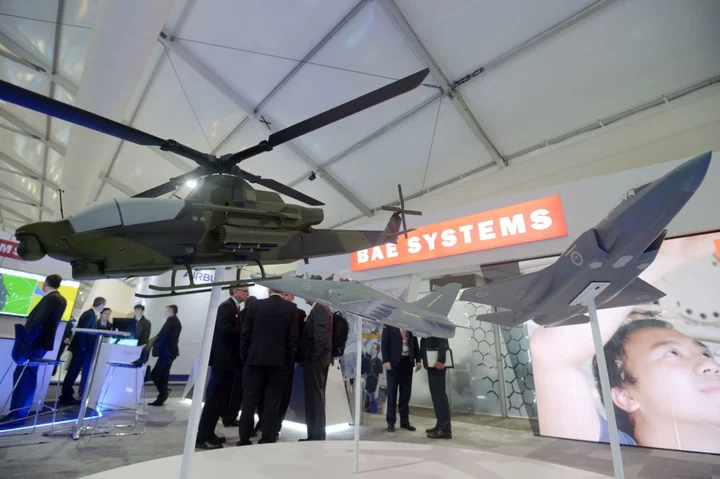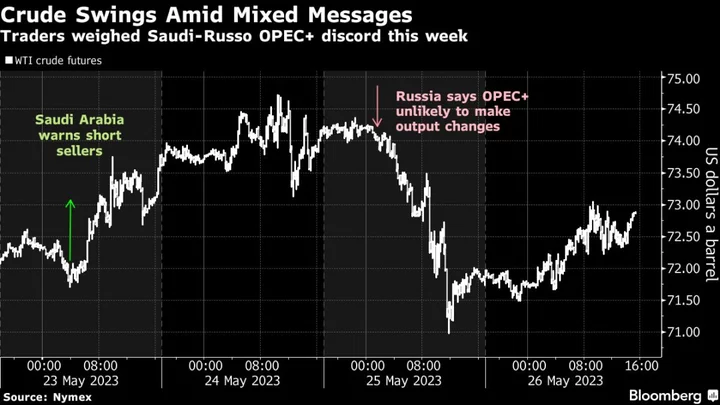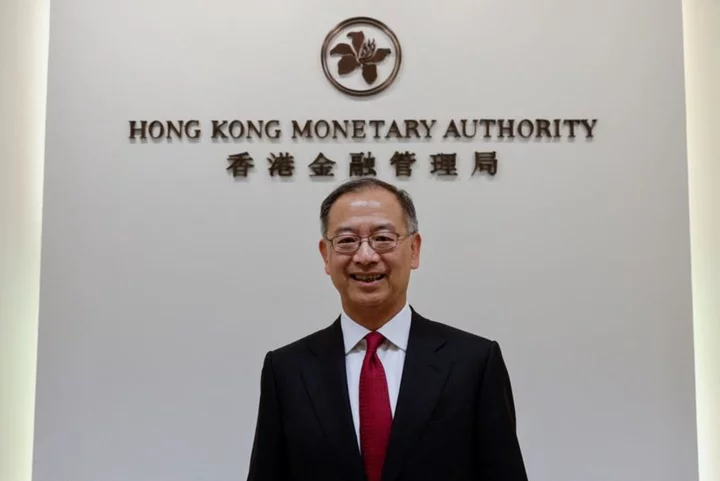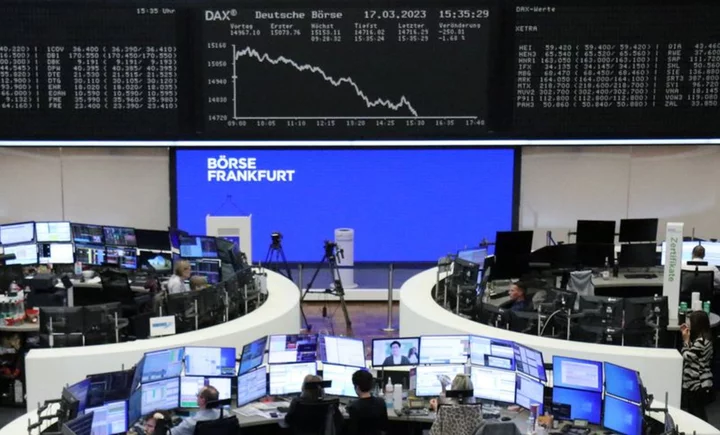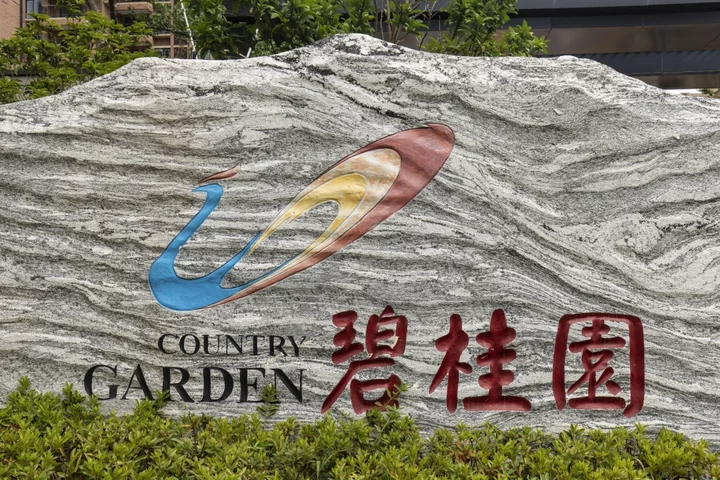BAE Systems Plc is in talks about a possible acquisition of Ball Corp.’s aerospace division, people with knowledge of the matter said, in what would be the year’s largest acquisition by a UK corporate.
The London-listed defense giant is in discussions with the US packaging group about the terms of a takeover of the unit, which manufactures instruments and sensors for everything from space travel to weather forecasting, according to the people. A deal could value Ball’s aerospace operations at more than $4 billion, they said.
Deliberations are ongoing and there’s no certainty they’ll lead to an agreement, the people said. Another bidder could also emerge, they said. A representative for BAE said the company regularly reviews its portfolio, declining to comment further. A spokesperson for Ball couldn’t immediately be reached for comment.
Reuters reported last month that BAE was among a group of parties interested in the Ball business.
Britain’s top defense contractor, BAE has seen its shares rise almost a fifth this year as governments increase military spending. The company, which makes products including Queen Elizabeth-class aircraft carriers and Eurofighter Typhoon jets, this month raised its forecast for sales, profit and cash flow.
BAE’s pursuit of Ball’s aerospace unit comes as growing security threats across the globe spur a dealmaking rush in the defense sector that’s defying the broader drop off in mergers and acquisitions activity.
The value of transactions involving aerospace and defense companies has risen 4% to $35 billion over the last 12 months, Bloomberg-compiled data show. Deals have included L3Harris Technologies Inc.’s $4.7 billion purchase of rocket engine maker Aerojet Rocketdyne Holdings Inc.
Westminster, Colorado-based Ball said in June that it was exploring options for its aerospace unit. A sale would allow Ball to focus on its core packaging operations and reduce debt, which grew substantially following its multibillion-dollar purchase of Rexam Plc in 2016. The company has steadily sold assets since, including its Russian operations to Arnest Group for $530 million last year.
--With assistance from Siddharth Philip.
Author: Kiel Porter, Aaron Kirchfeld and Dinesh Nair

